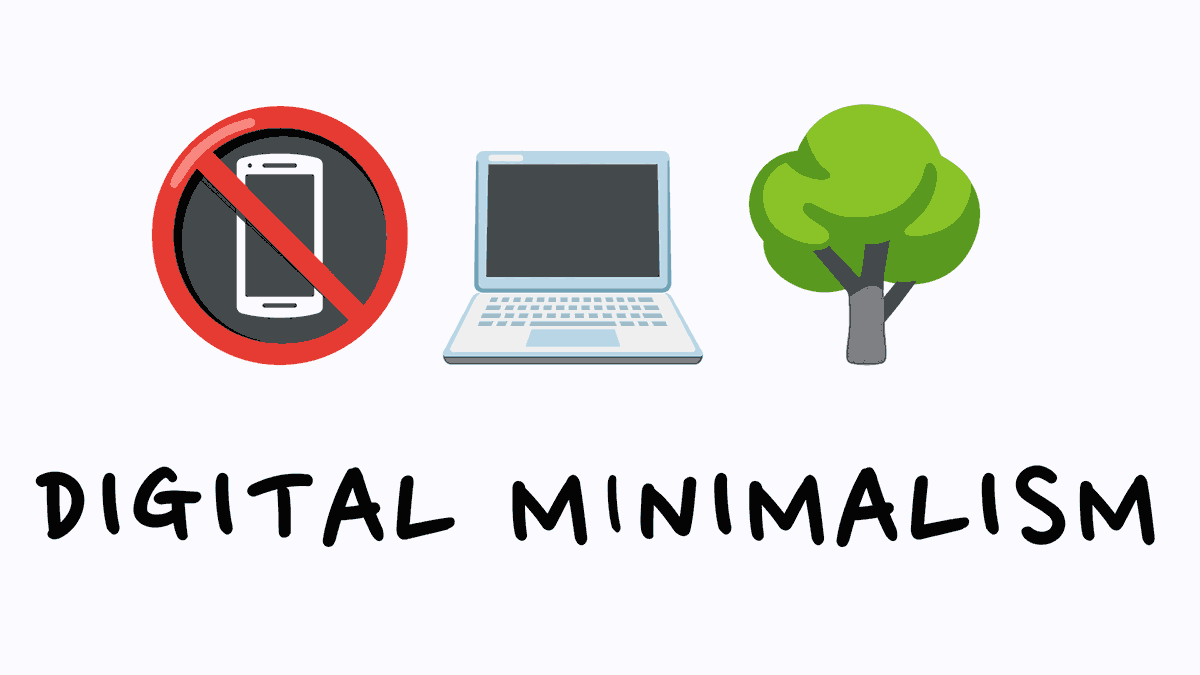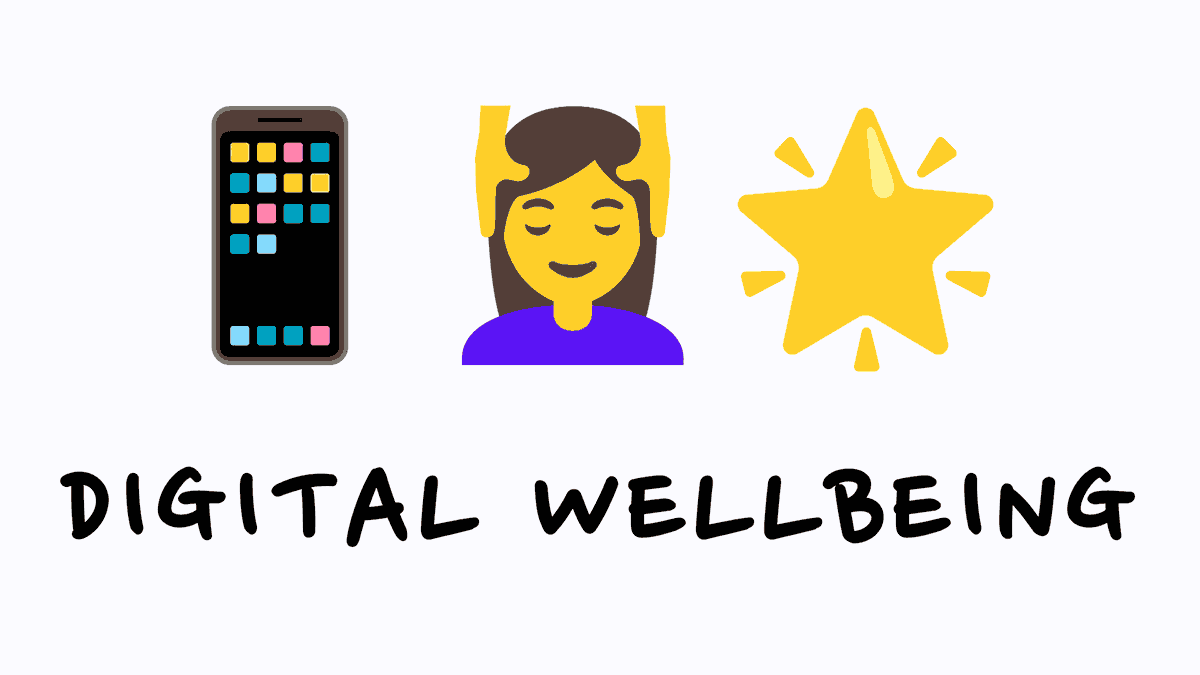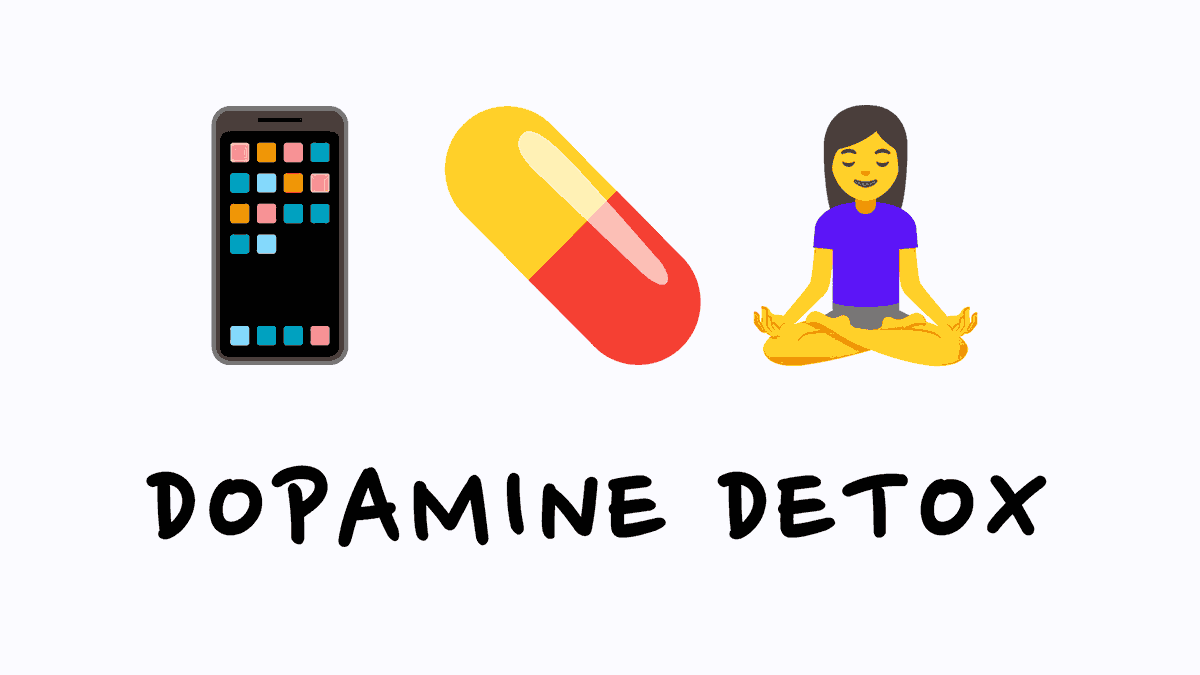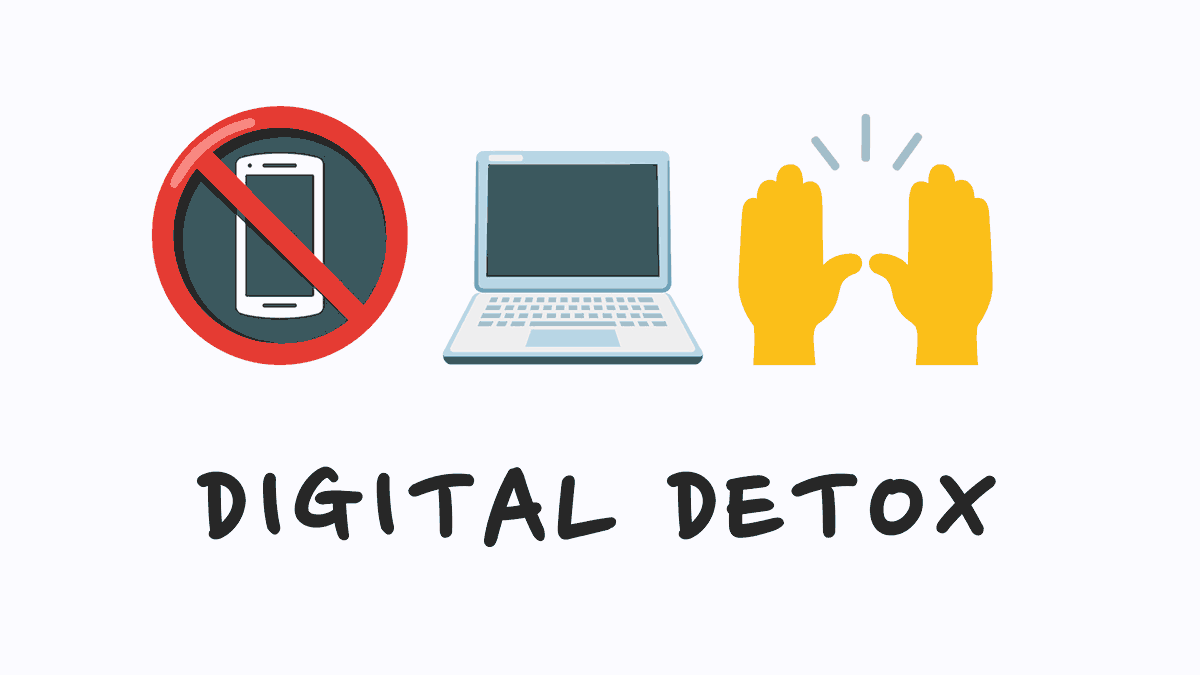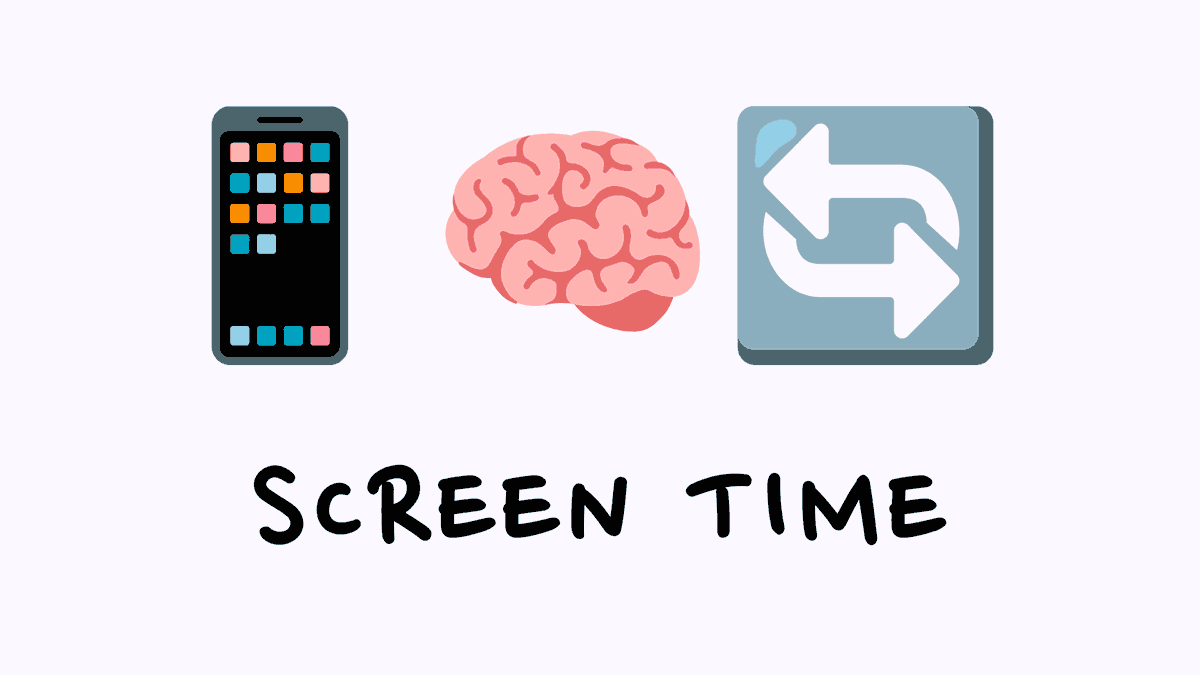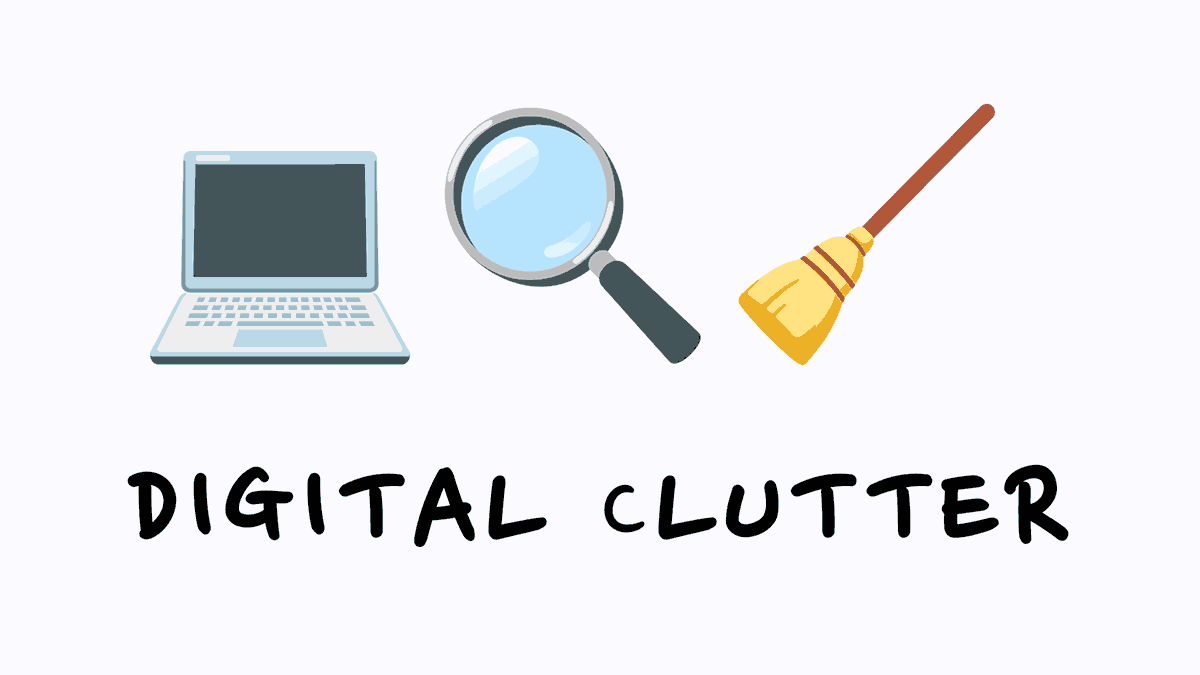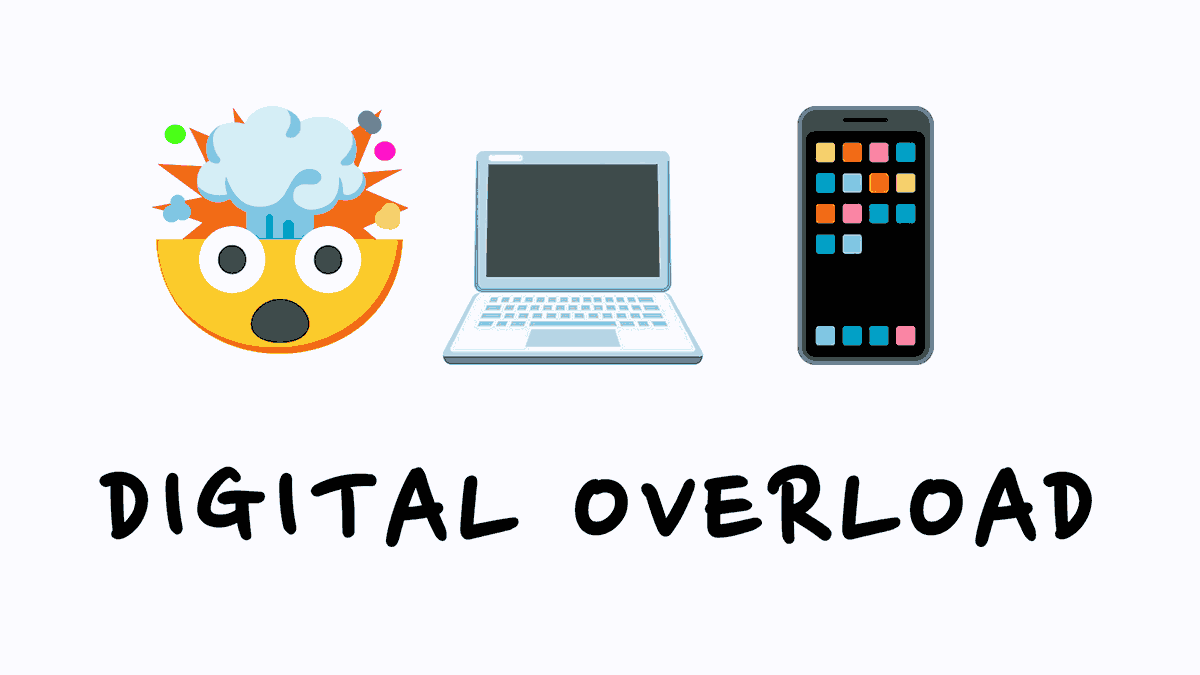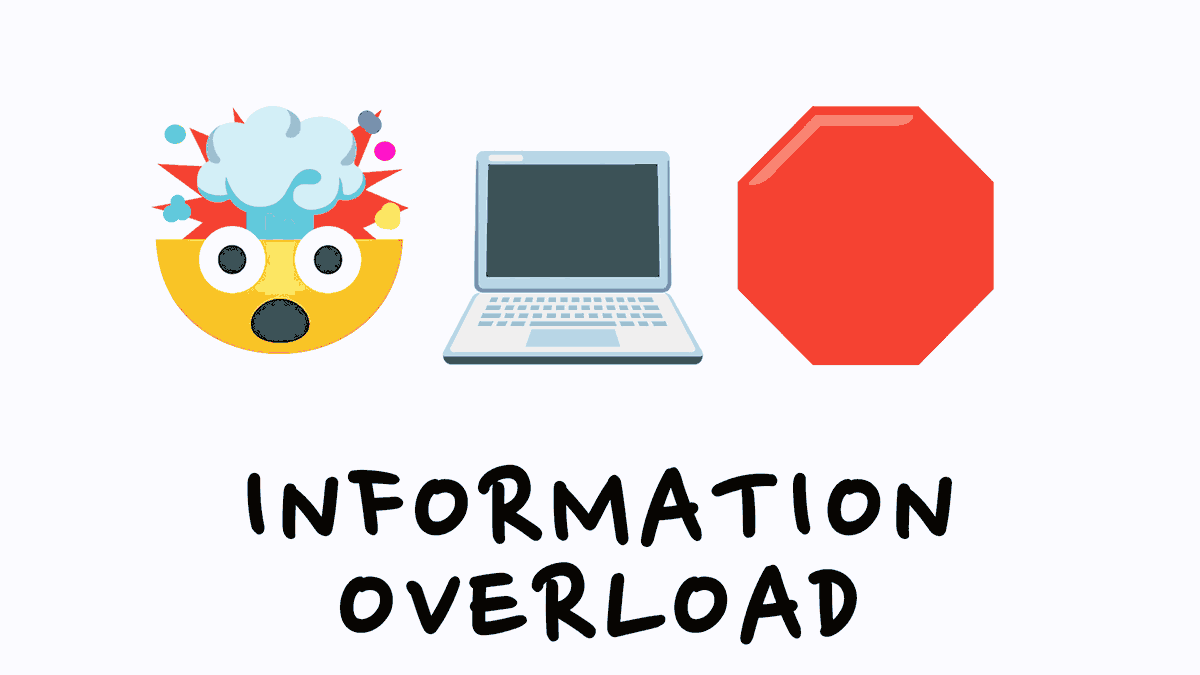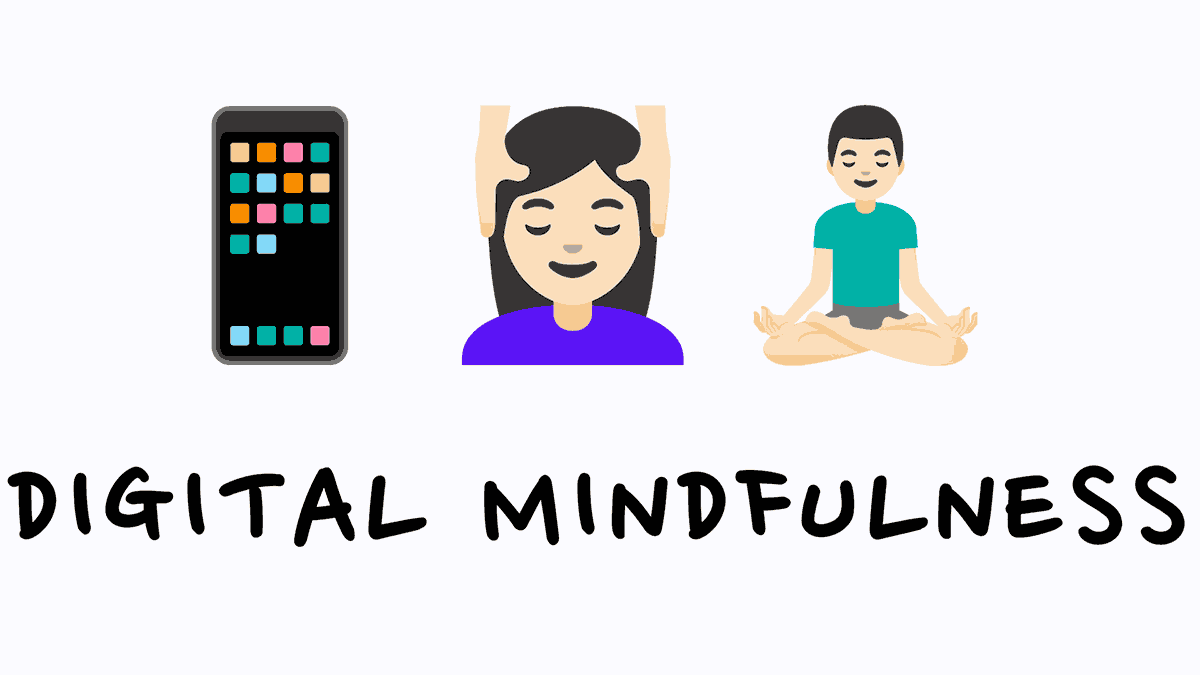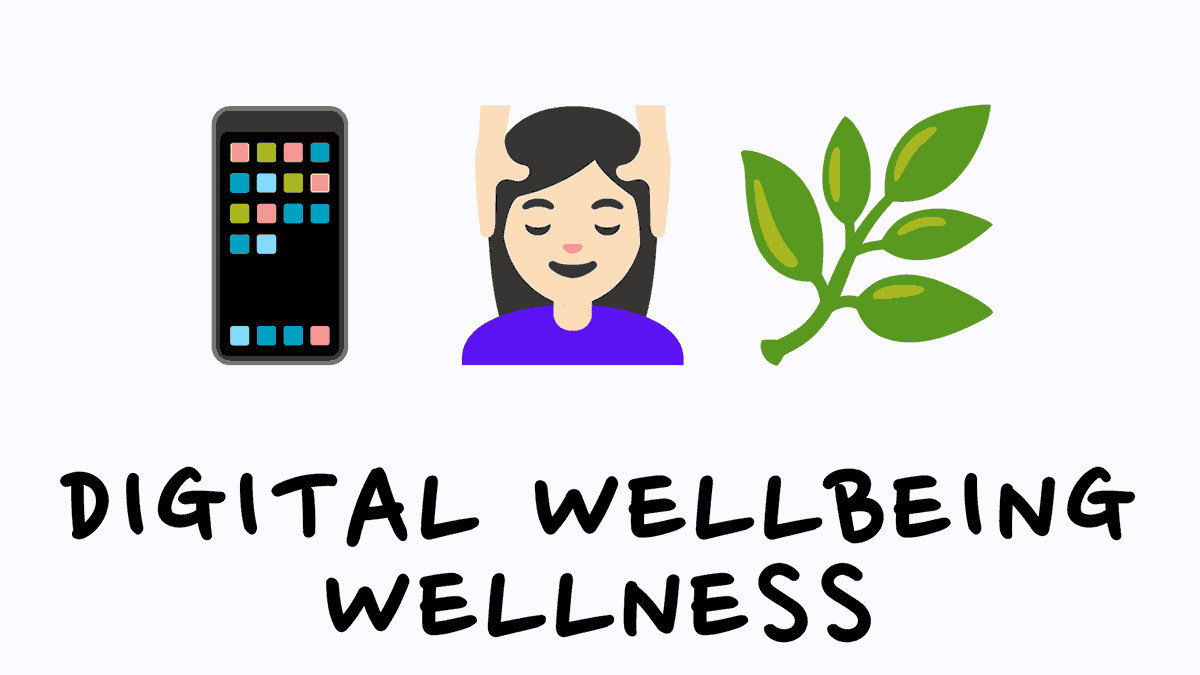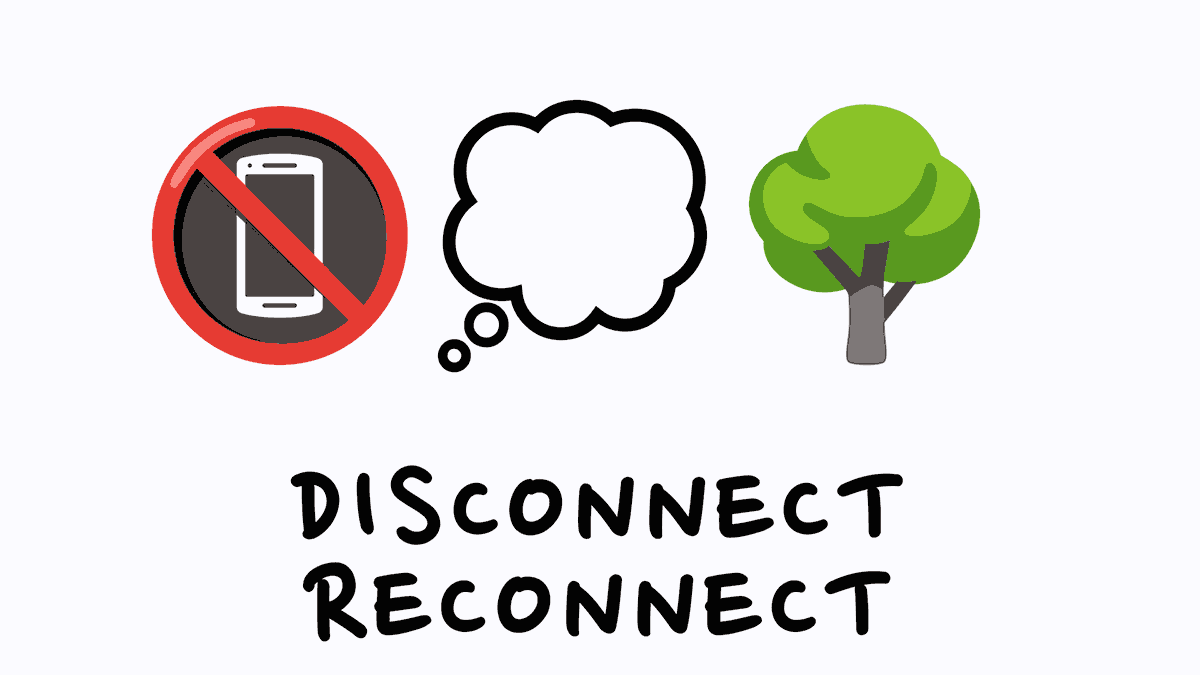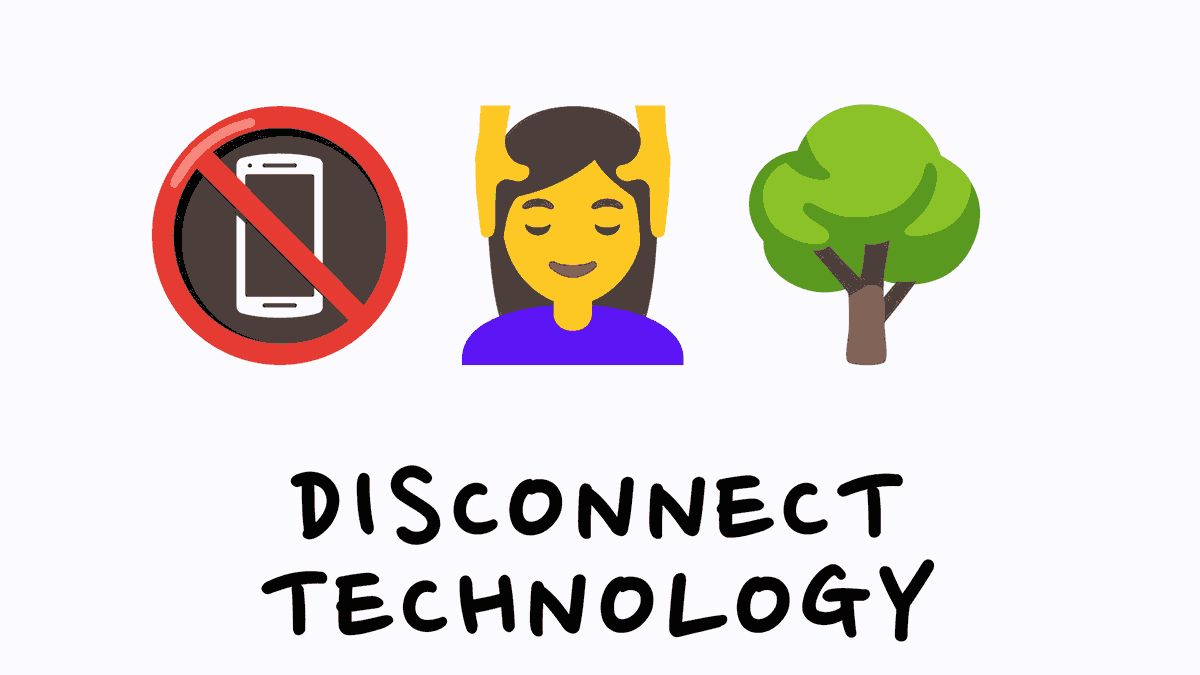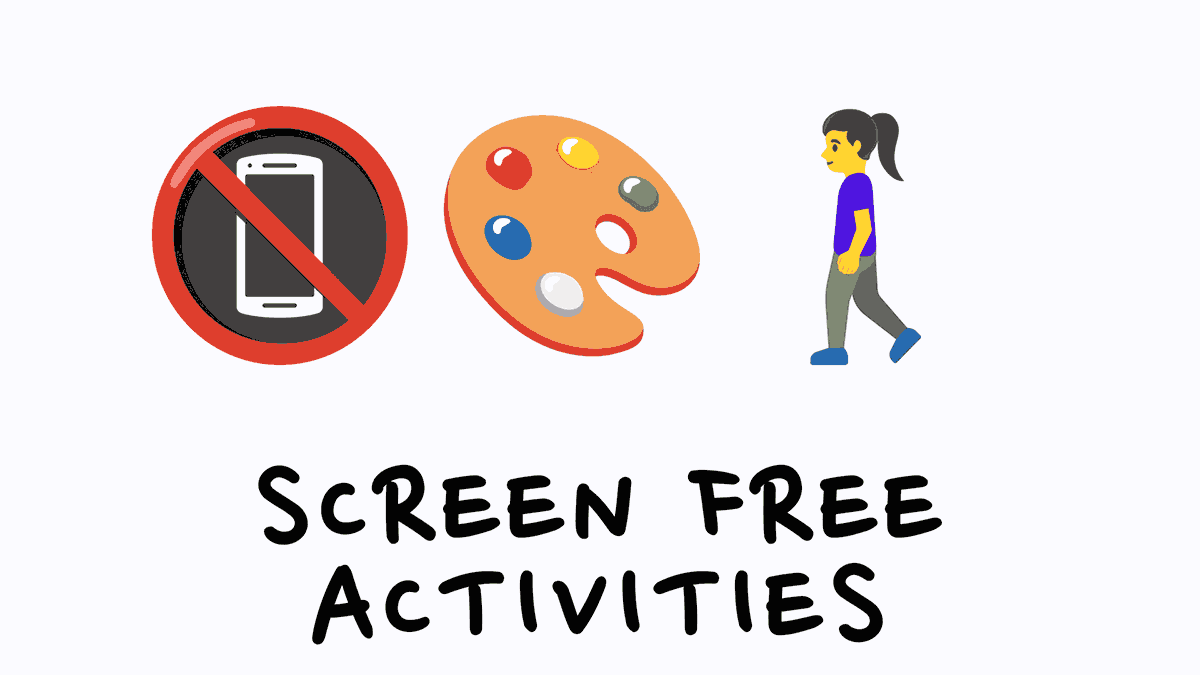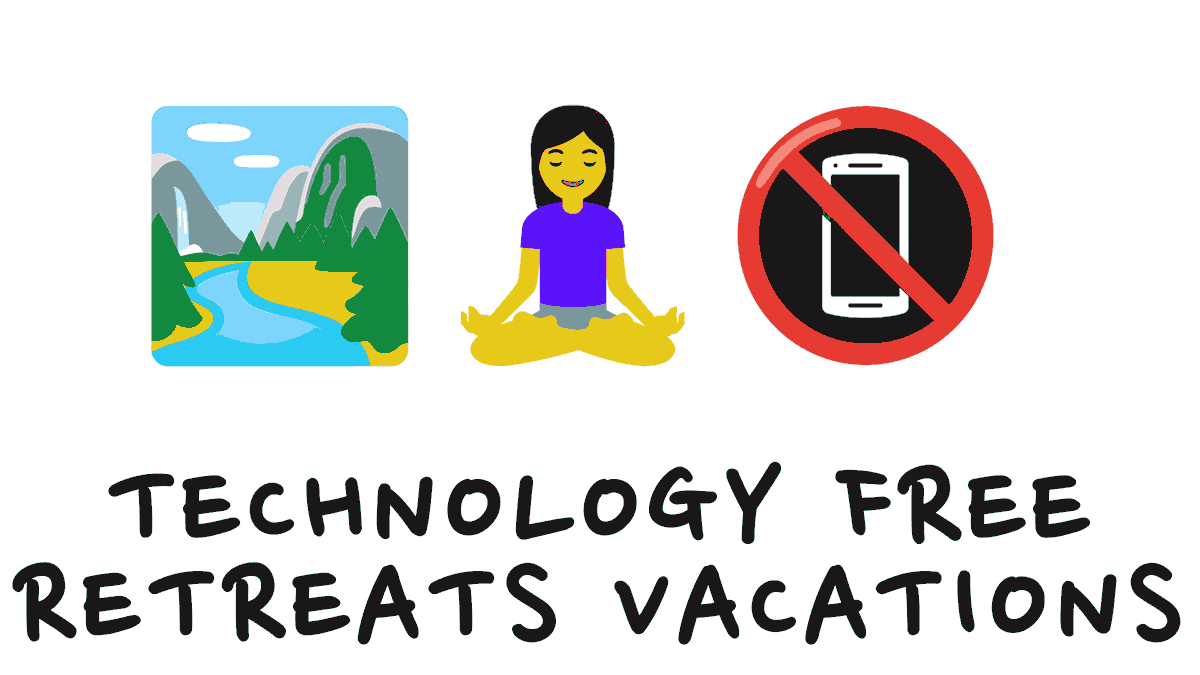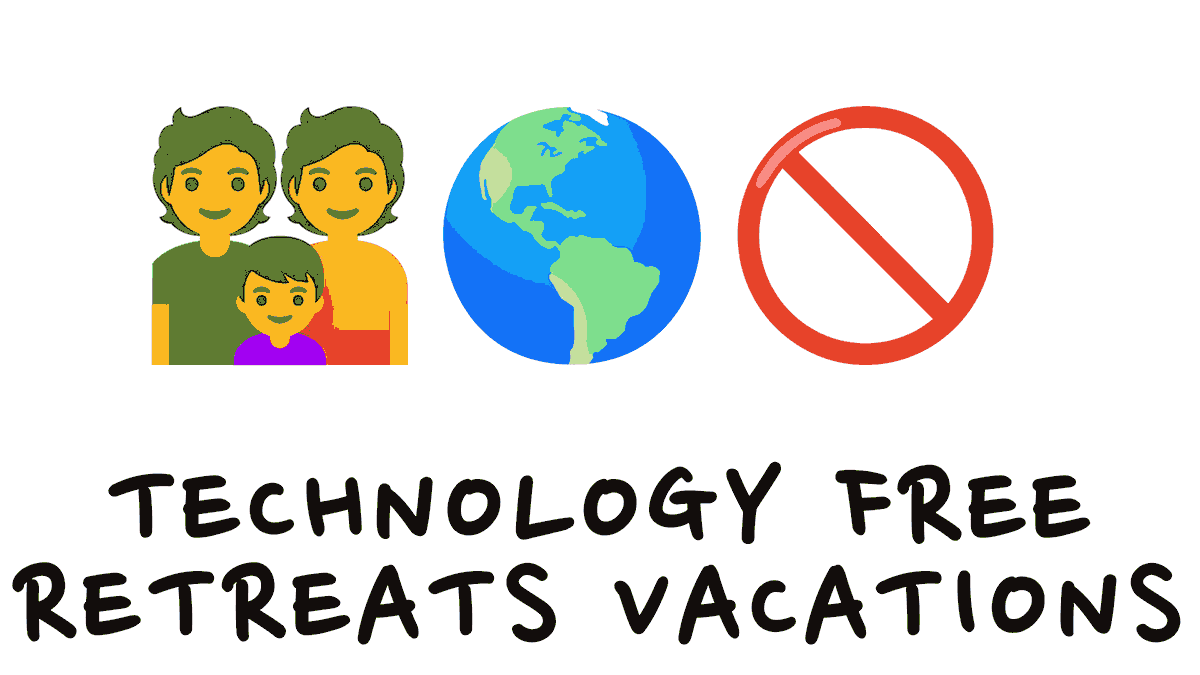Welcome to our digital detoxing series! A series on how to stop addiction to Roblox, all the posts about digital addiction. Today, let’s talk about how to quit the uber eats addiction.
- What’s the uber eats addiction?
- Addiction to uber eats, a “real” addiction?
- What’s considered uber eats addiction
- How much uber eats is too much?
- Some online shopping addiction facts & statistics
- Symptoms & Causes of the uber eats addiction
- Why is uber eats so addictive?
- Possible causes of uber eats dependency
- Symptoms, Causes and Signs of uber eats addiction
- Problems, impacts & bad effects of uber eats
- Some benefits of uber eats
- health problems
- impact on brain & mental health
- impact on relationships
- How to stop & quit your uber eats addiction
- Main steps and solutions to break the uber eats addiction
- Best uber eats blocker apps & functionalities
- where to seek extra help?
- Conclusion
- To Go Further
- How to help someone with uber eats addiction
- Best books about online shopping addiction
- Research about online shopping addiction
What is the uber eats addiction?
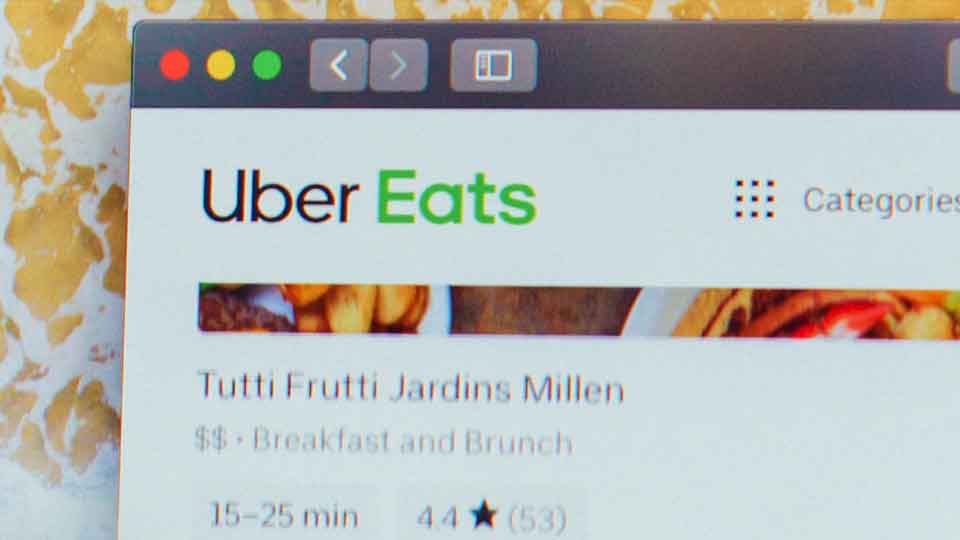
About uber eats
Uber eats is a food delivery service that partners with local restaurants to bring you food right to your door. All you have to do is order through the app and Uber Eats will take care of the rest.
Addiction to uber eats, a “real” addiction?
Officially an addiction?
First, let’s have a look to the DSM-5,the Diagnostic and Statistical Manual of Mental Disorders. Does it includes uber eats addiction?
There is no mention of Uber Eats addiction in the DSM-5.
So what means “uber eats addiction”?
Some people may develop an addiction to Uber Eats, which is a food delivery service. An addiction to Uber Eats may involve using the service excessively, to the point where it interferes with one’s life.
What is considered uber eats addiction?
- 1. You spend more time thinking about,or using, Uber Eats than you do other activities.
- 2. You use Uber Eats when you’re not really hungry, or when you’re already full.
- 3. You spend more money on Uber Eats than you can afford.
- 4. You find yourself using Uber Eats even when it’s not convenient, or when there are other options available.
- 5. Your use of Uber Eats interferes with your work,school, or social life.
- 6. You continue to use Uber Eats even though it’s causing problems in your life.
How much uber eats is too much?
There is no definitive answer to this question. Some people may feel that spending more than an hour on Uber Eats each day is excessive, while others may be perfectly fine with spending several hours on the app each day. Ultimately, it is up to the individual to decide how much time is too much to spend on Uber Eats.
Some online shopping addiction facts & statistics

We can provide you with some statistics related to online shopping addiction:
- 1. According to a study by CouponFollow, 57% of online shoppers admit to making a purchase they regretteddue to compulsive shopping behavior.
- 2. A survey conducted by Finder.com found that 23% of Americans have made a purchase they regretted while under the influence of alcohol, highlighting how impulsive online shopping can be.
- 3. A study by Harris Poll found that 81% of Americans have made an online purchase in the past year, and 20% of those shoppers made purchases at least once a week.
- 4. According to a survey by Statista, 42% of online shoppers in the US reported spending more moneyonline than they had intended.
- 5. A study by the University of California,San Francisco found that online shopping addiction affects approximately 5.5% of the US population.
Is the uber eats addiction widespread?
Like with any other food delivery service, it is possible for individuals to develop unhealthy habits and dependencies on ordering food through the app. It is important for individuals to practice moderation and balance in their use of food delivery services.
Symptoms, Causes and Signs of uber eats addiction
Why is uber eats so addictive?
There is no one-size-fits-all answer to this question, as people can have different reasons for finding Uber Eats addictive. Some might enjoy the convenience and variety of food options that Uber Eats provides, while others might find the ordering and delivery process to be addictive in itself. Whatever the reason, it’s clear that Uber Eats has found a formula that keeps people coming back for more.
Possible causes of uber eats dependency
There is no one single cause of uber eats addiction. However, there are some risk factors that may contribute to its development, including:
• Having a family member or close friend who is addicted to uber eats.
• Having a history of mental health disorders, such as depression or anxiety.
• Having a history of substance abuse.
• Being exposed to uber eats at an early age.
• Having easy access to uber eats.
• Being in a social environment where uber eats is used frequently.
Signs & Symptoms of uber eats addiction
Now let’s see if you have the uber eats addiction problem.
- 1. You always have an Uber Eats app open,even if you’re not using it.
- 2. You have multiple Uber Eats accounts so you can get your food faster.
- 3. You never cook at home because you can just order in.
- 4. You have a special drawer/cupboard/shelf just for Uber Eats packaging.
- 5. You get anxious when Uber Eats is down for maintenance.
- 6. You’ve had dreams about Uber Eats (or at least food delivery).
- 7. You can’t go more than a few hours without ordering Uber Eats.
Problems, impacts & bad effects of uber eats: should you quit?

What are some benefits of uber eats
There are many reasons why Uber Eats is so great. Some of the most popular reasons include the following:
-The convenience of having food delivered right to your door
-The wide variety of food options that are available
-The ability to track your order and see how long it will take to arrive
-The generally affordable pricesBut at the opposite, what can be some uber eats addiction problems addicts suffer from?
general health problems
There is no definitive answer to this question as everyone’s health will be affected differently by Uber Eats. Some of the potential health effects that have been associated with Uber Eats include weight gain, increased blood pressure, and elevated cholesterol levels.
uber eats and sleep disorder
There is no direct evidence to suggest that Uber Eats can cause sleep disorders or sleep problems. However, the use of technology before bedtime, such as looking at screens, can disrupt sleep patterns.
Additionally, consuming large meals or snacks close to bedtime can also interfere with sleep quality. It is important to maintain healthy sleep habits, such as avoiding screens before bed and eating meals at least a few hours before bedtime, to promote a good night’s sleep.
uber eats affecting your brain & mental health: bad for brain and mental health?
Some effects of uber eats on your brain
Some potential negative effects of using Uber Eats include:
- 1. Increased anxiety and stress levels:When you’re relying on Uber Eats to get your meals, you may find yourself feeling more anxious and stressed out than usual. This can be due to the fear of your food not arriving on time or of the quality of the food being poor.
- 2. Poor nutrition:If you’re not careful, you may end up eating unhealthy or processed foods more often than not when you use Uber Eats. This can lead to poor nutrition and weight gain.
- 3. Higher expenses:While Uber Eats can be convenient, it can also end up costing you more money than if you cooked at home or went out to eat.
- 4. Less social interaction:When you use Uber Eats, you’re likely to have less social interaction than you would if you went out to eat with friends or family. This can lead to feelings of isolation and loneliness.
Some effects of uber eats on your mental health
While there are many benefits to using Uber Eats, there are also some potential negative effects on your mental health. For example, if you rely on Uber Eats for your meals, you may become less motivated to cook for yourself, which can lead to unhealthy eating habits.
Additionally, if you order too much food or order unhealthy food options, you may end up consuming more calories than you would if you had prepared a meal yourself. Finally, if you have a history of disordered eating, you may find that Uber Eats exacerbates your symptoms.
Does uber eats cause stress and anxiety?
Yes, using Uber Eats can potentially cause stress or anxiety in some individuals. The reasons for this may vary, but some common factors include:
- 1. Delivery time:If the delivery takes longer than expected, it can cause stress and anxiety for the customer who is waiting for their food.
- 2. Order accuracy:If the order is incorrect or missing items, it can be frustrating and cause anxiety for the customer who is hungry and expecting their meal to be correct.
- 3. Payment issues:If there is an issue with payment or billing, it can cause stress and anxiety for the customer who may worry about being overcharged or having their information compromised.
- 4. Delivery location:If the delivery location is difficult to find or access, it can cause stress and anxiety for both the customer and the delivery driver.
- 5. Availability of food options:If the customer has specific dietary needs or preferences, it can be stressful to find suitable options on the Uber Eats app.
Overall, while Uber Eats can be a convenient and efficient way to order food, there are potential stressors that may arise during the process.
Can uber eats addiction lead to sadness and depression?
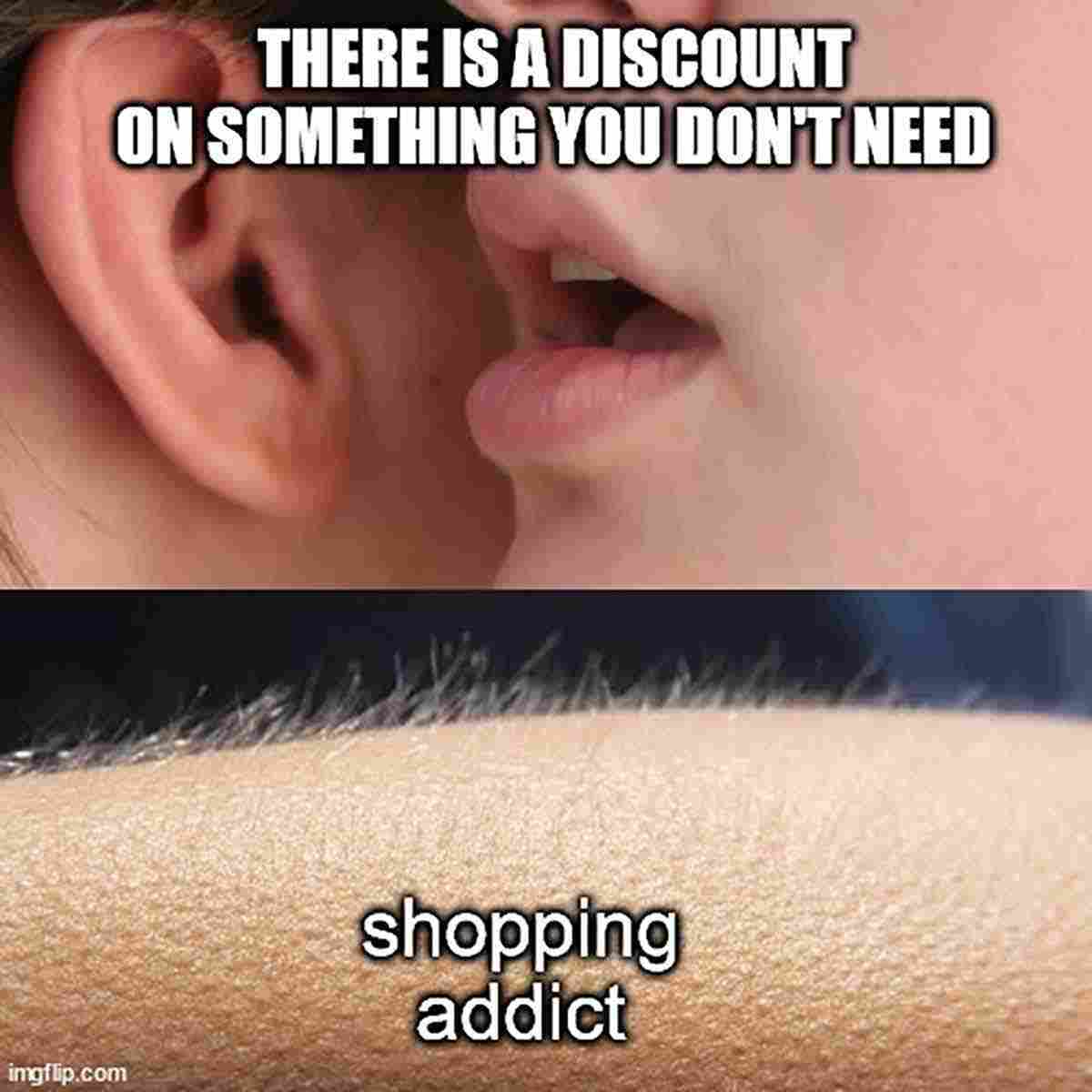
Yes, an addiction to Uber Eats or any food delivery service can lead to sadness and depression. There are several reasons why this might happen. Firstly, relying on food delivery services can lead to a lack of physical activity, which can contribute to feelings of lethargy and low mood.
Additionally, eating unhealthy food regularly can also negatively impact mood and energy levels. Secondly, relying on food delivery services can lead to social isolation and a lack of connection with others, which can also contribute to feelings of sadness and depression. Finally, developing an addiction to food delivery services can also lead to financial stress, which can contribute to anxiety and depression. If you are struggling with an addiction to Uber Eats or any food delivery service, it is important to seek help and support from a professional.
Dopamine and uber eats
Dopamine is a neurotransmitter that plays a role in the brain’s reward and pleasure centers. It is released when we experience something pleasurable or rewarding, such as eating delicious food or receiving a compliment. Uber Eats, a food delivery service, can activate the brain’s reward centers by providing a convenient and satisfying way to get food delivered quickly. The anticipation of receiving food, the convenience of not having to leave the house, and the pleasure of eating tasty food can all contribute to the release of dopamine in the brain. However, it is important to note that excessive consumption of unhealthy foods can lead to negative health consequences, and balancing convenience with healthy eating habits is important for overall well-being.
uber eats effects on Focus, productivity, attention span, academic performance…
There is no definitive answer to this question as the impact of Uber Eats on focus, productivity, attention span, and academic performance can vary depending on individual circumstances. However, there are some factors that may influence how Uber Eats affects these areas:
- 1. Frequency of use:If an individual uses Uber Eats frequently, it may lead to a lack of focus and productivity, as they may be spending more time ordering food and waiting for deliveries than focusing on their work or studies.
- 2. Nutritional value of the food:If an individual is consistently ordering unhealthy or low-nutrient food through Uber Eats, it may lead to a lack of focus and productivity due to the negative impact on overall health.
- 3. Timing of orders:If an individual orders food during times when they are supposed to be working or studying, it may negatively impact their attention span and academic performance.
- 4. Convenience factor:While Uber Eats can be a convenient option for busy individuals, it can also create a dependency on instant gratification, which may negatively impact one’s ability to focus and achieve long-term goals.
Overall, it is important for individuals to consider the potential impact of Uber Eats on their focus, productivity, attention span, and academic performance and make conscious decisions about when and how often they choose to use the service.
There is no definitive answer to this question, as people with ADHD can have different experiences with Uber Eats depending on their individual symptoms and coping strategies. However, some potential ways that ADHD might affect a person’s interactions with Uber Eats include:
- 1. Impulsivity:People with ADHD may be more impulsive when it comes to ordering food on Uber Eats, leading to more frequent and spontaneous orders.
- 2. Hyperfocus:On the other hand, some people with ADHD may become hyperfocused on the app and spend excessive amounts of time scrolling through menus and customizing orders.
- 3. Forgetfulness:People with ADHD may be more prone to forgetting to order or to follow up on their orders, leading to missed meals or delayed deliveries.
- 4. Distractions:The constant notifications and updates from Uber Eats may be distracting for people with ADHD, making it harder to focus on other tasks or responsibilities.
Overall, it is important for people with ADHD to be aware of these potential challenges and to develop strategies to manage them, such as setting reminders, limiting screen time, and using the app’s features to streamline the ordering process.
affecting your relationships
uber eats and self-esteem
Uber Eats may have both positive and negative effects on self-esteem, depending on how a person perceives their use of the service.
On one hand, using Uber Eats can boost self-esteem by providing convenience and accessibility to a variety of food options. People who may not have the time, energy, or ability to cook or go out to eat can feel empowered by the ability to order meals to their door with ease.
Additionally, receiving positive feedback from delivery drivers or restaurant ratings can also boost self-esteem.
On the other hand, using Uber Eats excessively or relying on it as a crutch can negatively impact self-esteem. A person may feel guilty or ashamed for not cooking their own meals or not being able to leave the house to eat out.
Additionally, constantly comparing oneself to the curated and often idealized images of food and dining on the app may lead to feelings of inadequacy or insecurity.
Overall, the impact of Uber Eats on self-esteem varies from person to person and depends on the individual’s relationship with the service.
uber eats addiction leads to isolation and loneliness?
.jpg)
It is possible for excessive use of Uber Eats or any other food delivery service to lead to isolation and loneliness. When someone relies too heavily on food delivery services, they may miss out on opportunities to socialize with others, such as going out to eat with friends or family.
Additionally, the convenience of food delivery may make it easy for someone to stay home and avoid interacting with others.
Over time, this behavior can lead to feelings of loneliness and isolation, which can have negative impacts on mental health. It is important to maintain a balance between convenience and social interaction when it comes to food delivery services.
Effects of uber eats on your relationship
Positive effects of Uber Eats on your relationship:
- 1. Convenience:Uber Eats provides a convenient option for couples who are too busy to cook or go out for food, which can help reduce stress and make more time for quality time together.
- 2. Variety:With Uber Eats, couples can order from a wide variety of restaurants and cuisines, which can help spice up their dining experiences and make meals more interesting.
- 3. Surprise factor:Uber Eats can offer a fun and spontaneous way for couples to surprise each other with their favorite meals or snacks, which can add a touch of excitement to their relationship.
Negative effects of Uber Eats on your relationship:
- 1. Over-reliance: If a couple becomes overly reliant on Uber Eats for their meals, it can lead to a lack of effort and creativity in their relationship, as well as potentially unhealthy eating habits.
- 2. Cost:Regularly ordering food from Uber Eats can be expensive, which can put a strain on a couple’s finances and cause stress in their relationship.
- 3. Lack of intimacy:Eating out or ordering in can take away from the intimacy of cooking and sharing a meal together, which can lead to a loss of connection in a relationship.
How To Stop & quit Your uber eats Addiction
Finally you think you are addicted to uber eats and you are wondering how to quit it? How to break and overcome your cravings for uber eats?
Here are the best solutions, steps, supports, resources and help you can get to treat your uber eats addiction.
Main steps and solutions to break the uber eats addiction
The first step is to admit that you have a problem. This can be difficult, but it is essential in order to begin the process of overcoming your addiction. After admitting that you have a problem, you need to seek professional help. This can be in the form of therapy, counseling, or a support group. Once you have received professional help, you need to begin making changes in your life. This may include changing your diet, exercising more, and avoiding triggers that may cause you to relapse.Actually, that’s what most documentation out there is about… However, quitting a digital addiction can be a bit trickier than that.
So our team, after testing many ways, designed a bulletproof way to overcome them. Here are some clear and practical steps that are very powerful to quit a digital addiction, including uber eats:
1. Purge temptations: Get rid of uber eats
First, cleaning your life from temptations is much easier than resisting to them. Disable or delete your uber eats accounts, change the password and hide it somewhere you can’t access easily, keep your phone / computer far away… Out of sight out of mind.
Here is a video from our course the The Digital Purge. on how to add resistance to your temptations, so you become so lazy to engage with them that you give them up:
Click here if you want to see more of the Digital Purge!



